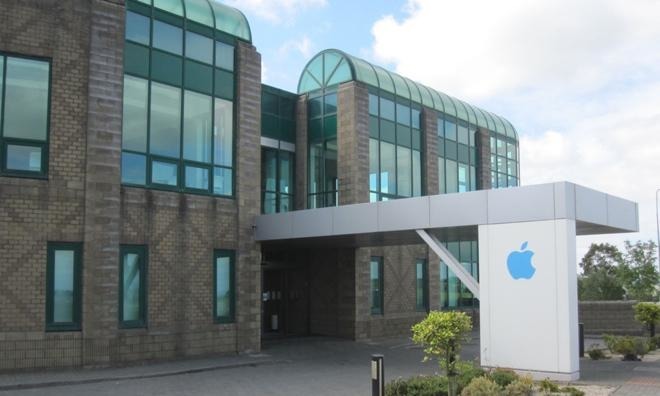The UK Treasury on Wednesday said it will begin cracking down on large corporations that shift British earnings overseas in a bid to avoid the country's high taxes, a move that follows a wider European Union strategy seeking much the same.
Unveiled by Chancellor Philip Hammond as part of the 2017 budget, the new initiative looks to install rules that will allow the UK to collect on revenues generated in the country, the Daily Mail reports. Importantly, the treasury will be able to recover funds not only from tax havens, but also monies that jump multiple borders to low-tax countries.
Dubbed an income tax on British royalties, the reforms are estimated to raise some 800 million pounds ($1.07 billion) in extra tax over the next five years and will become active in April 2019.
"There is a wider concern across this House and in the business community about the tax system in the digital age," Hammond said. "Along with the innovation and growth that it brings, digitalisation poses challenges for the sustainability and fairness of our tax system."
Along with big-name corporations like McDonalds, the initiative targets tech companies like Apple and Google, which use complex accounting strategies to skirt high taxes.
Apple, for example, leveraged agreements with the Irish government to achieve a tax rate of only 0.005 percent in 2014. The company funneled billions of dollars in international revenue through Irish subsidiaries to avoid paying high tax rates in countries like the UK.
In 2016, the European Commission ordered Ireland to collect $14.5 billion in back taxes from Apple, saying the country's tax agreements with the company amounted to illegal state aid. Both Apple and the Irish government are appealing the ruling.
As the appeals process is expected to take years to resolve, Ireland has set up an escrow fund to hold the massive fine.
Most recently, a report citing the so-called "Paradise Papers" claimed Apple moved a portion of its overseas cash hoard to Jersey, a U.K. crown dependency off the coast of France, as it seeks a new low-tax jurisdiction. The company refuted those claims, saying all Irish operations are still in place. In its rebuff, Apple added that it has not reduced payments to any country and maintains its status as the "largest taxpayer in the world."
Apple has accumulated more than $252 billion in overseas cash, a sum that has many countries salivating over the prospect of potential taxation. The company has repeatedly called for lower corporate taxes and floated the idea of a repatriation holiday, which would allow it to bring the funds into the U.S. without facing a high 35 percent tax rate.
 Mikey Campbell
Mikey Campbell














 Christine McKee
Christine McKee
 Marko Zivkovic
Marko Zivkovic
 Thomas Sibilly
Thomas Sibilly

 Sponsored Content
Sponsored Content

 William Gallagher
William Gallagher
 Wesley Hilliard
Wesley Hilliard








32 Comments
Just bluster.
Even if this sort of thing succeeds, they’ll all soon be fighting among themselves for the same dollar of taxes. Assuming it’s clear what it is that they’re even planning on taxing....
Good for them. Taxes not paid by corporations are taxes paid by the rest of us, yet they benefit disproportionately from roads, airports, labor force, government research, and the rest of the national infrastructure.
It’ll be interesting to see if this crackdown includes the Prime Minister’s husband’s company, which the Paradise Papers revealed has also been sending money abroad to avoid paying tax.
As was a former chancellor of the exchequer…
As are a number of ministers and politicians who support Brexit…
The entire continent of Europe is going down the drain.High taxes & importing terrorists are not a good thing.